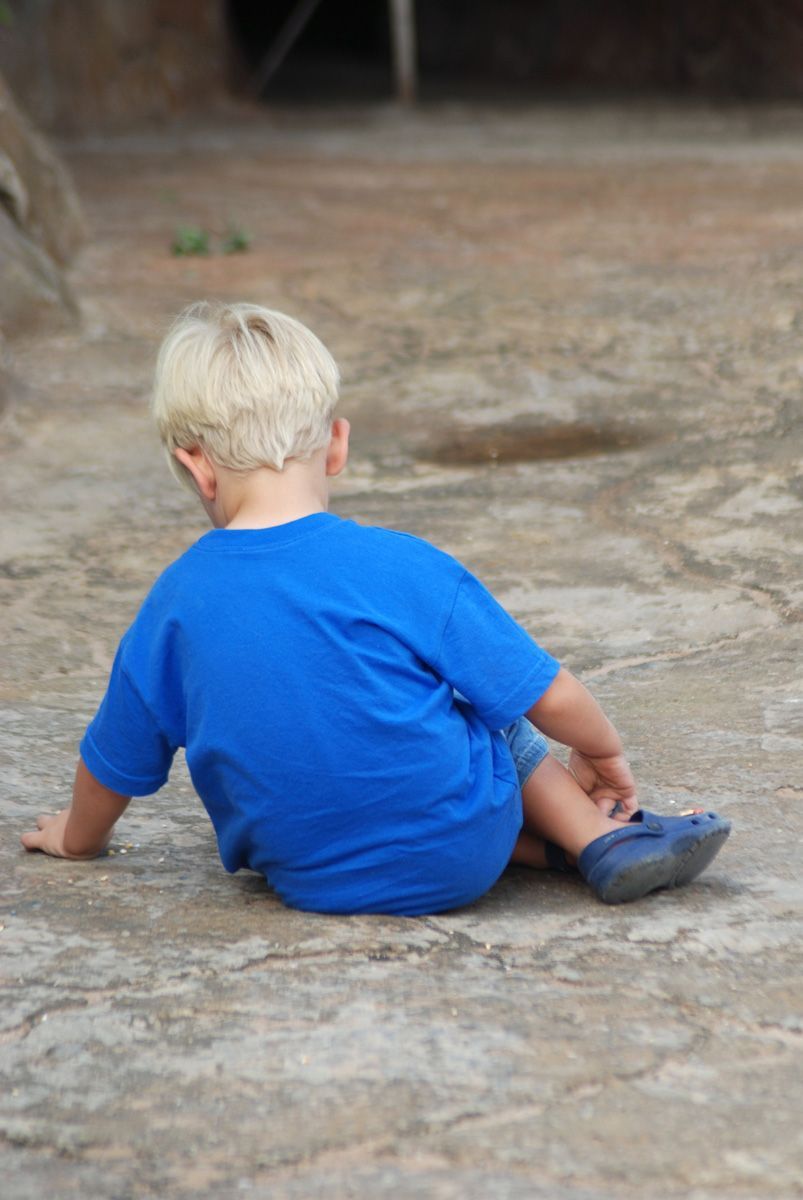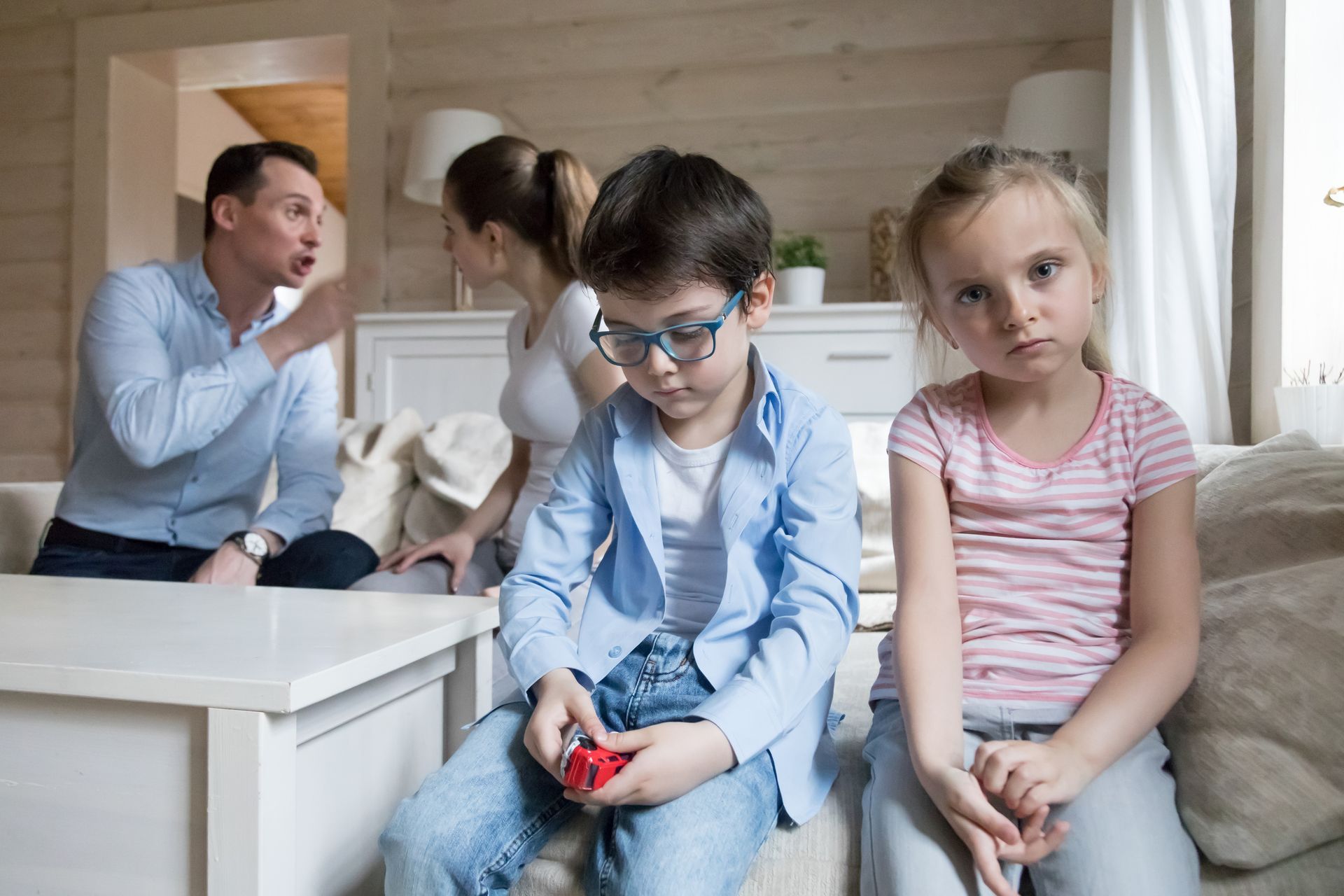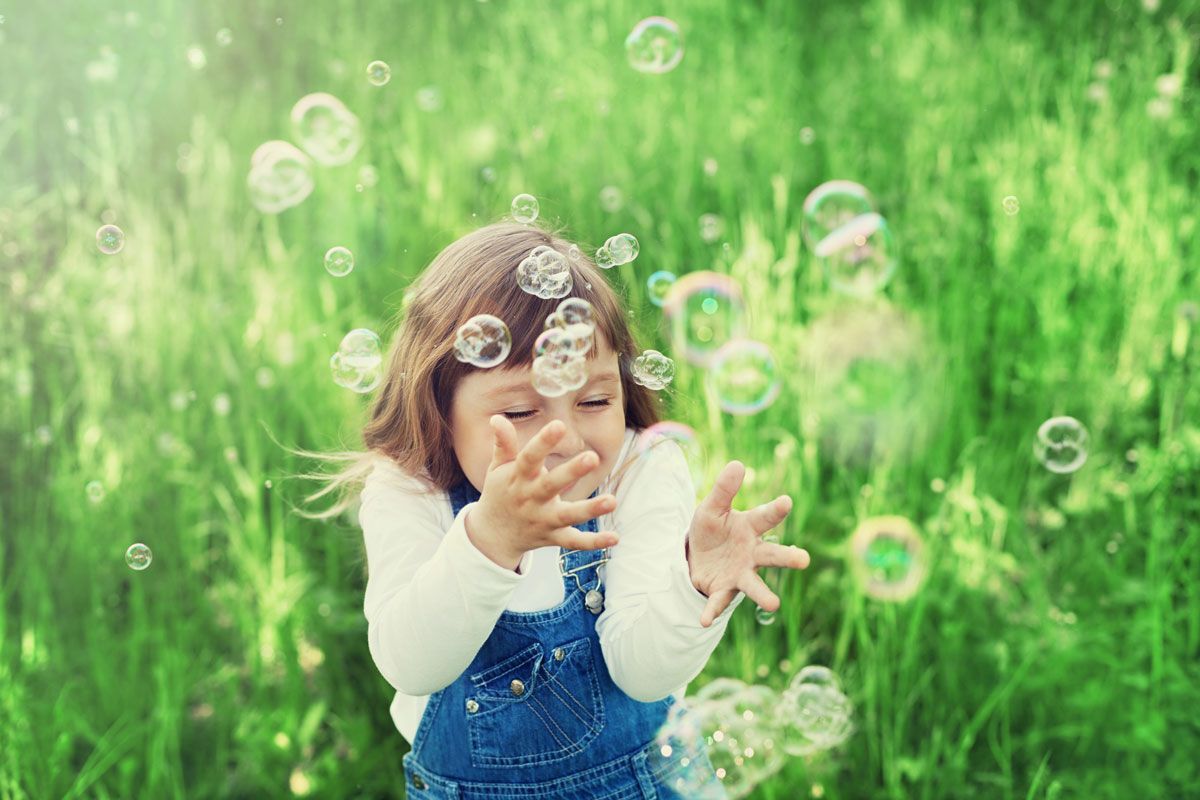Blog
HOME / BLOG

When life gets busy, it’s easy to see playtime as “extra” or something to squeeze in after chores and schedules are done. But for children, play isn’t just fun—it’s essential. Through play, kids learn about the world, practice problem-solving, and develop the emotional and social skills they’ll use for the rest of their lives. And here’s the bonus: play isn’t only good for kids—it’s also one of the best ways to strengthen your parent-child bond. Why Play Matters for Brain Development Builds Creativity and Imagination – Pretend play lets children try out roles, test boundaries, and dream big. Strengthens Problem-Solving Skills – Whether it’s stacking blocks or inventing a new game, play challenges children to experiment, make mistakes, and try again. Supports Emotional Growth – Play gives kids safe ways to process feelings. A child playing “house” or acting out a story with dolls is working through emotions they may not yet have words for. Boosts Brain Connections – Neuroscience shows that play helps build neural pathways that support memory, language, and self-regulation. Types of Play that Make a Difference Unstructured Play – Free time with toys, art supplies, or outside play where kids lead the activity. Structured Play – Games with rules (like board games, sports, or card games) teach fairness, patience, and teamwork. Physical Play – Running, climbing, or playing tag strengthens motor skills and reduces stress. Creative Play – Drawing, building, or storytelling sparks imagination and self-expression. Playtime and Relationships Children often experience love through quality time and attention. Playing together says, “I enjoy being with you.” When parents get down on the floor for pretend play, join a game of catch, or take time to listen to a child’s invented story, it sends a powerful message of connection. For families navigating divorce or co-parenting, play can also ease transitions between homes. Familiar games and traditions give children a sense of stability and comfort. Making Room for Play Set aside even 15 minutes of focused playtime each day. Let your child lead—follow their rules in pretend play. Put away devices during playtime to give full attention. Mix indoor and outdoor activities to keep it fresh. Final Thoughts Play is more than entertainment—it’s a tool for learning, bonding, and growing. By making play a priority, parents can support healthy brain development and build stronger, more joyful connections with their children. This post was written by Chelle Hendershot, who is a dedicated Mediator, Guardian ad Litem, and Parenting Coordinator at Hope For Our Future, LLC, with a passion for helping individuals and families navigate through life's most challenging moments. This post is not intended to be legal advice and is for marketing purposes only.

Divorce is one of the hardest transitions a family can face. While parents may be focused on court orders, schedules, and finances, children are often quietly trying to make sense of the changes in their world. Kids don’t always have the words to explain what they’re feeling, but if they could speak openly, here are some of the things many would want their parents to know. 1. “It’s not my fault.” One of the biggest fears children carry during divorce is that somehow they caused it. Even if you think it’s obvious, kids may believe that their behavior, grades, or even something they said led to the separation. They need to hear, often and clearly, that the divorce is not their fault. 2. “Please don’t make me choose.” Children love both parents, and being asked to take sides—or even feeling subtle pressure—can be heartbreaking. When parents use kids as messengers or speak badly about the other parent, it puts children in an impossible position. What they want most is to feel free to love both parents without guilt. 3. “I need to know what’s going to happen.” Uncertainty is scary. Kids want to know where they’ll live, what their routine will look like, and when they’ll see each parent. Predictability provides comfort. Even if you don’t have all the answers, reassuring them that you’ll figure things out and keep them informed helps reduce their anxiety. 4. “I still need to be a kid.” Divorce can sometimes make kids feel like they have to grow up faster. They may try to comfort you, take care of younger siblings, or take on adult responsibilities. But children need time to play, have fun, and just be kids. They’re asking for the space to do that without the weight of adult problems. 5. “I’m watching how you handle this.” Children are always learning from their parents—even in times of stress. They notice how you communicate, solve problems, and manage your emotions. Showing respect, even in tough moments, models resilience and healthy coping skills that your children will carry into their own relationships one day. Final Thoughts During divorce, children need reassurance, stability, and love more than ever. While parents may not be able to shield them from every difficulty, listening to what kids need can make all the difference. By putting their well-being first and keeping communication open, you can help them feel safe, supported, and loved through one of life’s hardest transitions. This post was written by Chelle Hendershot, who is a dedicated Mediator, Guardian ad Litem, and Parenting Coordinator at Hope For Our Future, LLC, with a passion for helping individuals and families navigate through life's most challenging moments. This post is not intended to be legal advice and is for marketing purposes only.







